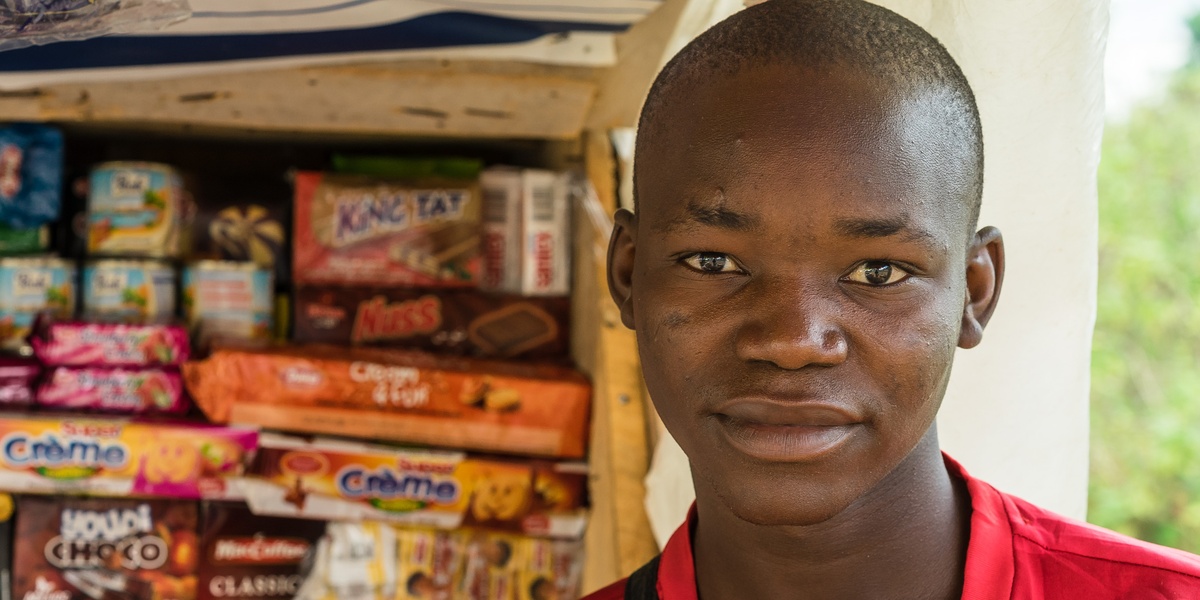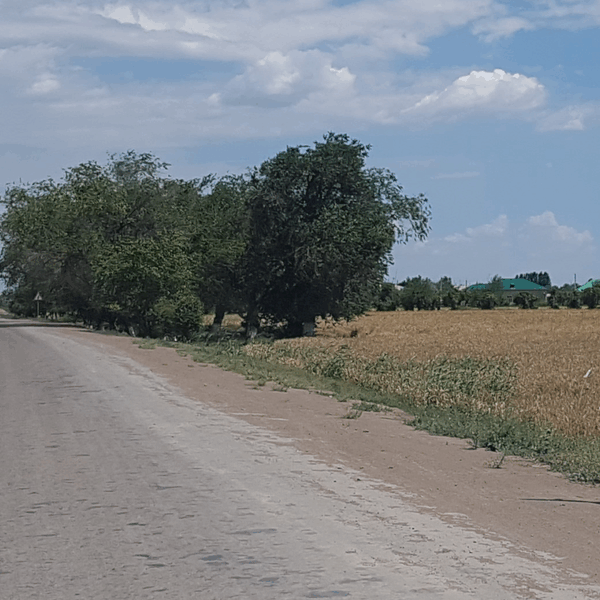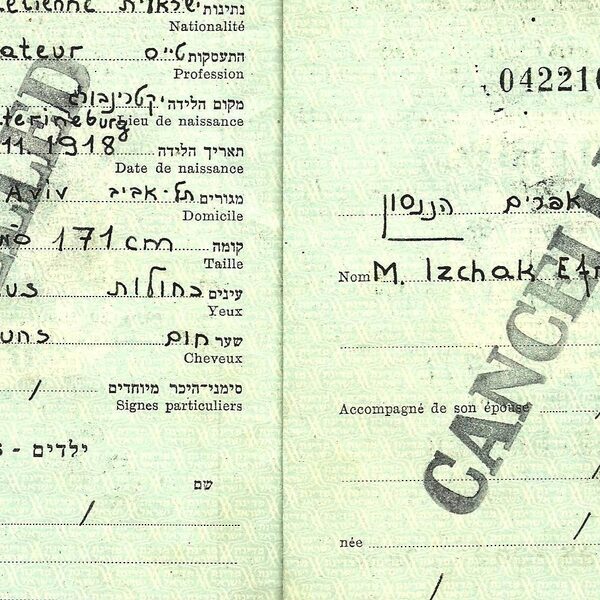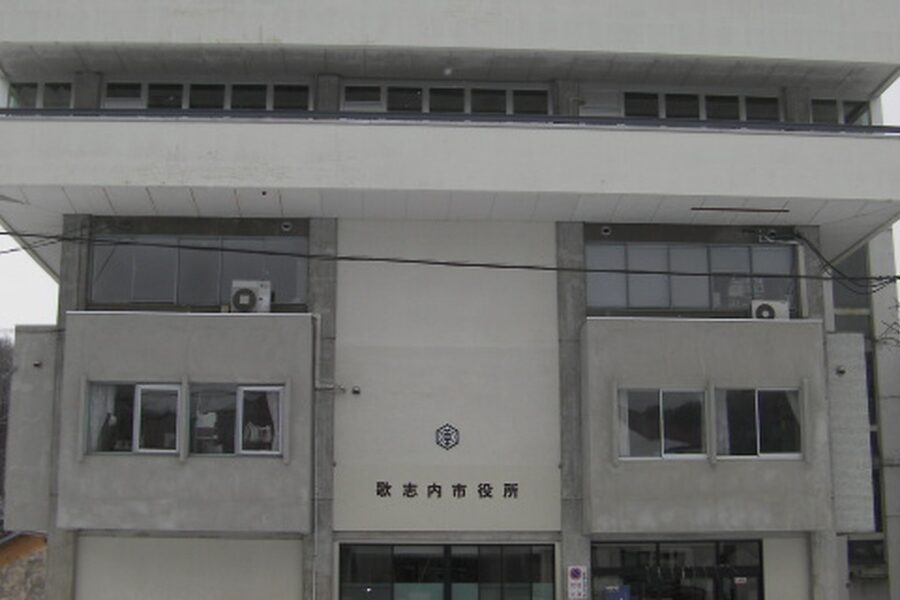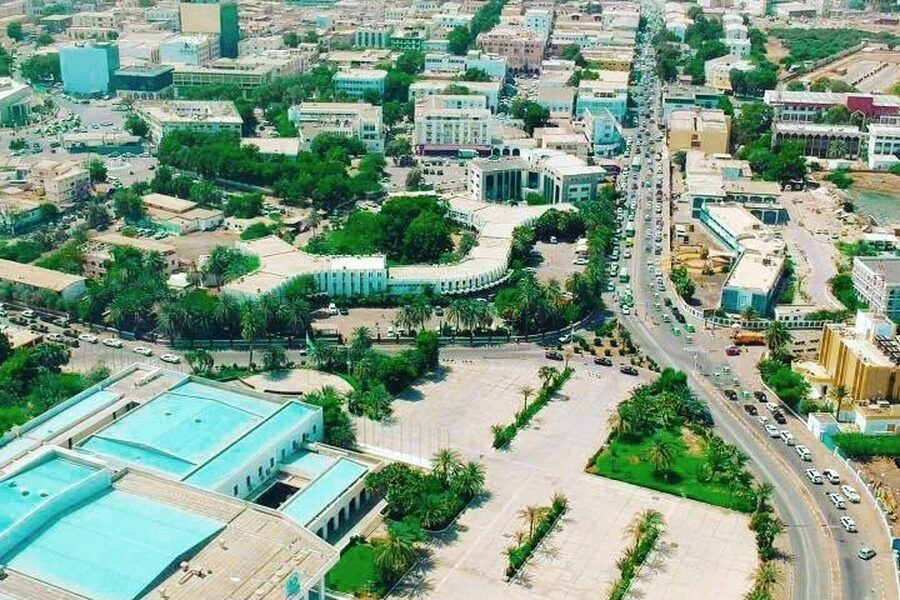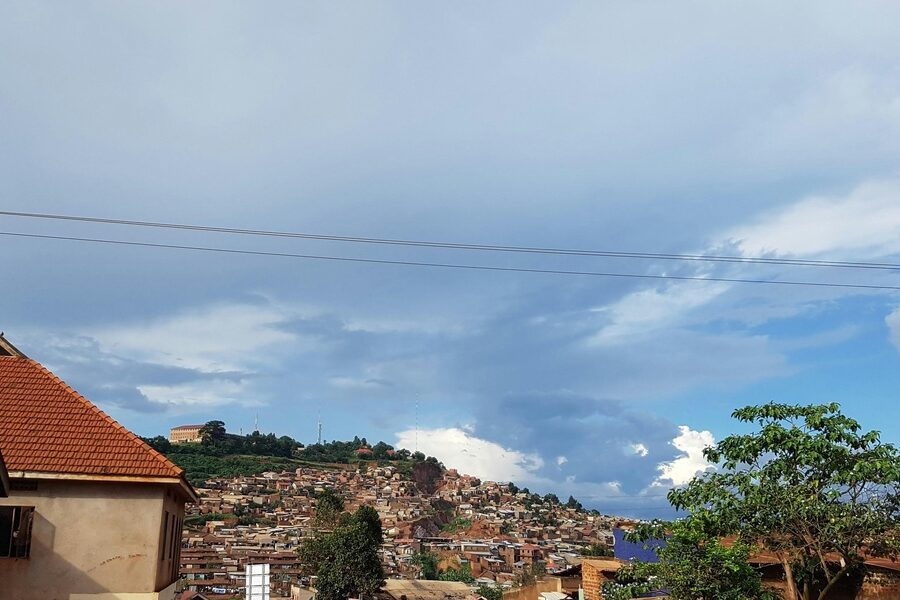Cameroon’s regional differences show up starkly between urban centers and smaller towns. Economic shifts, local industry decline and limited public services have left many cities struggling with high poverty rates and constrained opportunities. Looking at city-level data helps reveal where needs are greatest and where targeted programs might make the most difference.
There are 15 Poorest Cities in Cameroon, ranging from Banyo to Yagoua. For each entry you’ll find below Country,Poverty rate (%),Population (people) so you can quickly compare how poverty and population size vary across locations — you’ll find below.
How were the poorest cities identified?
Cities are typically ranked using measured poverty rates (often based on income or consumption thresholds) combined with population figures from recent surveys or censuses; where possible, local reports and government statistics are used to validate numbers. Keep in mind methods and dates vary by source, so the list is a snapshot rather than an absolute ranking.
How can this list be used by researchers or aid groups?
Use the list to prioritize field visits, allocate resources, or cross-reference with health, education and employment data; it’s a starting point for targeting interventions but should be paired with up-to-date local assessments and community consultation for effective planning.
Poorest Cities in Cameroon
| City | Country | Poverty rate (%) | Population (people) |
|---|---|---|---|
| Mora | Cameroon | 85.3 (2014 est., Tchouassom & Nda Medjebe 2020) | 221,600 (2015 proj.) |
| Waza | Cameroon | 84.7 (2014 est., Tchouassom & Nda Medjebe 2020) | 17,900 (2015 proj.) |
| Logone-Birni | Cameroon | 84.2 (2014 est., Tchouassom & Nda Medjebe 2020) | 178,100 (2015 proj.) |
| Makary | Cameroon | 84.0 (2014 est., Tchouassom & Nda Medjebe 2020) | 119,700 (2015 proj.) |
| Mokolo | Cameroon | 82.2 (2014 est., Tchouassom & Nda Medjebe 2020) | 384,100 (2015 proj.) |
| Mayo-Oulo | Cameroon | 81.3 (2014 est., Tchouassom & Nda Medjebe 2020) | 101,300 (2015 proj.) |
| Kaélé | Cameroon | 80.8 (2014 est., Tchouassom & Nda Medjebe 2020) | 139,400 (2015 proj.) |
| Tcholliré | Cameroon | 79.5 (2014 est., Tchouassom & Nda Medjebe 2020) | 60,600 (2015 proj.) |
| Garoua-Boulaï | Cameroon | 79.3 (2014 est., Tchouassom & Nda Medjebe 2020) | 90,800 (2015 proj.) |
| Banyo | Cameroon | 77.8 (2014 est., Tchouassom & Nda Medjebe 2020) | 122,100 (2015 proj.) |
| Meiganga | Cameroon | 76.5 (2014 est., Tchouassom & Nda Medjebe 2020) | 127,100 (2015 proj.) |
| Kousseri | Cameroon | 76.2 (2014 est., Tchouassom & Nda Medjebe 2020) | 191,700 (2015 proj.) |
| Pitoa | Cameroon | 75.6 (2014 est., Tchouassom & Nda Medjebe 2020) | 130,900 (2015 proj.) |
| Garoua II | Cameroon | 74.9 (2014 est., Tchouassom & Nda Medjebe 2020) | 111,200 (2015 proj.) |
| Yagoua | Cameroon | 74.5 (2014 est., Tchouassom & Nda Medjebe 2020) | 182,700 (2015 proj.) |
Images and Descriptions

Mora
Located in the Far North region near Nigeria, Mora suffers extreme poverty driven by the Boko Haram insurgency, arid climate affecting agriculture, and chronic underdevelopment that has crippled its local economy and social services.
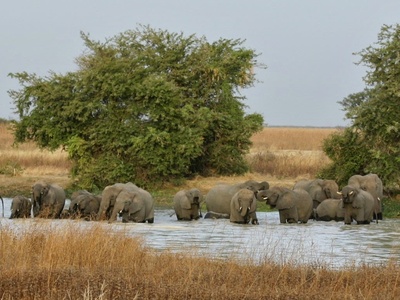
Waza
Home to the famous Waza National Park, this Far North municipality faces poverty from severe climate change, water scarcity, and regional insecurity that has decimated both tourism and traditional livelihoods like farming and pastoralism.
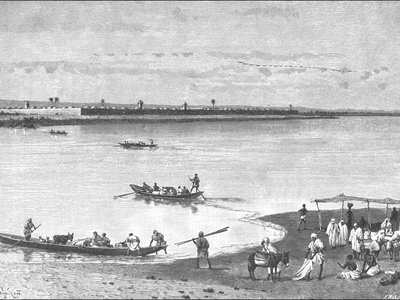
Logone-Birni
This Far North municipality in the Logone floodplain relies on fishing and agriculture. Its population is highly impoverished due to extreme vulnerability to climate shocks, including devastating seasonal floods and prolonged droughts that destroy crops.
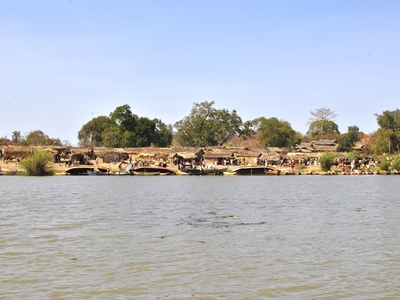
Makary
Situated near the receding Lake Chad in the Far North, Makary’s economy has been shattered by the ecological crisis and the Boko Haram conflict. The insurgency has displaced thousands, disrupting all economic activity.

Mokolo
A major town in the Far North’s Mandara Mountains, Mokolo hosts a massive population of internally displaced people fleeing conflict. This influx has severely strained already limited resources, deepening urban and rural poverty.

Mayo-Oulo
Located in the North region, this municipality’s poverty is a result of its geographic isolation, poor infrastructure, and a heavy reliance on subsistence agriculture that is frequently undermined by erratic rainfall and soil degradation.
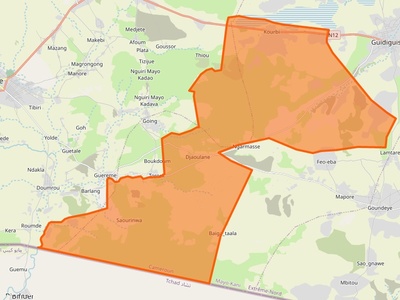
Kaélé
As a departmental capital in the Far North, Kaélé is a regional hub but remains impoverished due to very low economic diversification, inadequate infrastructure, and the negative spillover effects of regional insecurity on trade.
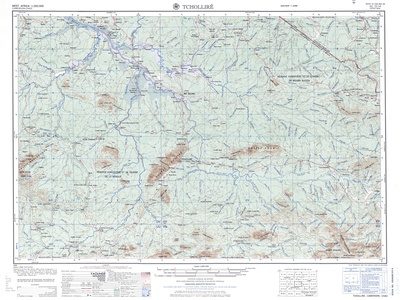
Tcholliré
In the North region, Tcholliré’s population struggles with limited access to basic services and an economy dependent on vulnerable pastoralism and farming. Human-wildlife conflict from the surrounding national parks adds to economic hardship.

Garoua-Boulaï
A key border town with the Central African Republic in the East region, it faces immense economic strain from hosting refugees. Pervasive poverty is worsened by weak public services and illicit cross-border trade dynamics.
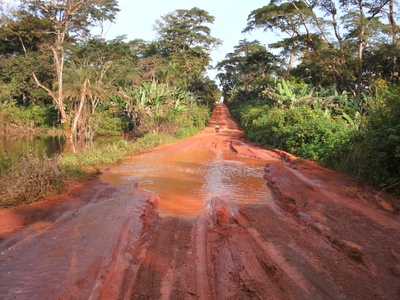
Banyo
Despite significant agricultural potential in the Adamawa region, Banyo is handicapped by its remote location and dilapidated road networks. This isolation limits market access for farmers and hinders overall economic development and service delivery.
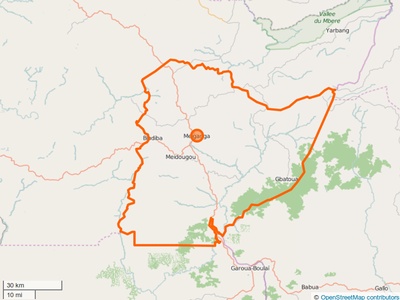
Meiganga
Although a transport crossroads in the Adamawa region, Meiganga has widespread poverty due to low agricultural productivity and a severe lack of non-farm employment. Access to quality health and education services remains a major challenge.
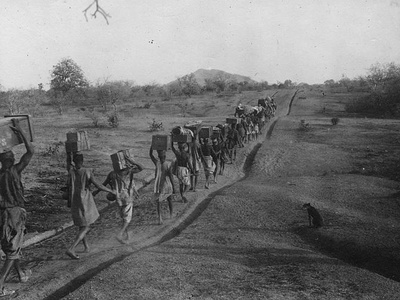
Kousseri
A strategic city on the border with Chad’s capital, N’Djamena. Kousseri’s once-vibrant trade economy has been crippled by insecurity from the Boko Haram conflict, leading to frequent border closures and economic collapse.
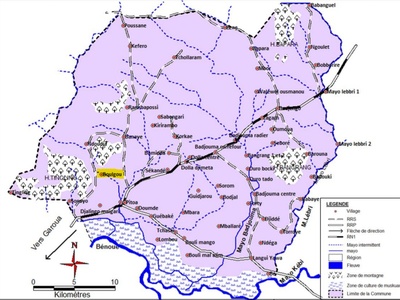
Pitoa
An agricultural town near Garoua in the North region, its poverty is tied to a deep dependency on rain-fed cotton and grain farming. Livelihoods are precarious due to commodity price volatility and severe climate change impacts.

Garoua II
This urban council within Garoua, the North’s regional capital, exemplifies deep urban poverty. Residents face immense challenges with inadequate housing, poor sanitation, high unemployment, and limited access to formal economic opportunities.
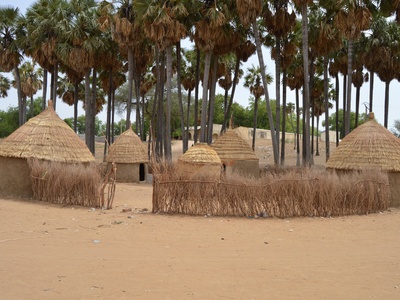
Yagoua
The capital of the Mayo-Danay department in the Far North, Yagoua is a major rice-producing hub. However, persistent poverty is driven by recurrent flooding, poor infrastructure, and extremely low returns for smallholder farmers.

